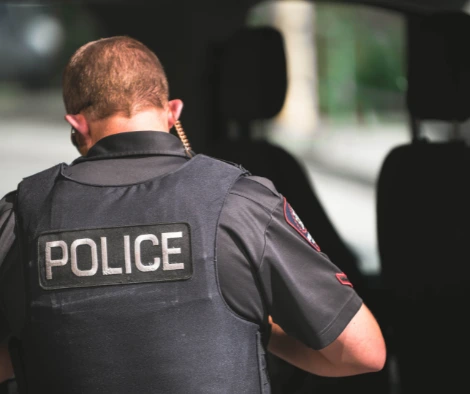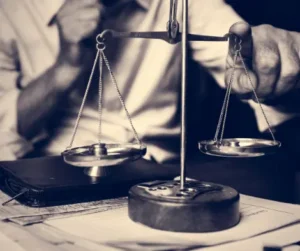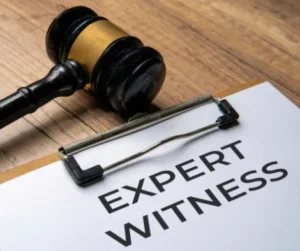

Understanding Police Rights and Your Protections
Imagine walking down the street when a police officer approaches you. Do you have to stop? Can they search your belongings? Understanding police rights and your own can help prevent misunderstandings and protect you in legal situations. Law enforcement officers have specific legal powers, but they must also respect citizens’ rights. Knowing these rights can make all the difference in how an interaction unfolds.
Police Rights: Officers have the legal authority to stop individuals, ask questions, and make arrests when necessary. However, these powers are limited by the Constitution, particularly the Fourth, Fifth, and Sixth Amendments, which protect citizens from unreasonable searches, forced confessions, and unfair trials.
A report by the Bureau of Justice Statistics shows that about 50 million people interact with law enforcement each year in the U.S., with traffic stops being the most common form of contact. Understanding the law ensures that these encounters remain fair and lawful.
Arrest Procedures: What to Expect if You’re Taken into Custody
An arrest is one of the most serious interactions a person can have with law enforcement. Arrest procedures are governed by strict legal guidelines designed to protect individuals and ensure due process.
How an Arrest Happens: Officers must have probable cause—a reasonable belief that a crime has been committed—before making an arrest. If an officer witnesses a crime or has a warrant, they can proceed with an arrest.
Your Rights During an Arrest:
- Right to Remain Silent: Anything said can be used in court.
- Right to an Attorney: Legal representation must be provided if the suspect cannot afford one.
- Right Against Unlawful Searches: Officers need a warrant or clear probable cause to search for the immediate area of arrest.
A case study from 2019 illustrates the importance of knowing your rights. Mark, a 24-year-old college student, was detained after a bar altercation. The officers failed to read him his Miranda rights before questioning. His attorney successfully argued that his statements were inadmissible in court. This case highlights how legal procedures can impact outcomes.
Police Stops: Knowing When You Can Walk Away
Not every police interaction leads to an arrest. Sometimes, officers stop individuals to ask questions, which can feel intimidating.
Types of Police Stops:
- Consensual Encounters: Officers ask questions, but you’re free to leave.
- Detentions: Officers suspect criminal activity but lack enough evidence for an arrest.
- Traffic Stops: Officers pull over vehicles for suspected violations.
If an officer stops you and you’re unsure of your rights, calmly ask, “Am I free to go?” If they say yes, you can leave. If they say no, they must have a legal reason to detain you.
The Role of Search and Seizure Laws
The Fourth Amendment protects citizens from unlawful searches and seizures. However, there are situations where officers can conduct searches without a warrant:
- Consent Searches: If you agree, officers can search your belongings.
- Plain View Doctrine: If illegal items are visible, they can be seized.
- Incident to Arrest: Officers can search for weapons or evidence immediately after an arrest.
Understanding these rules can prevent unlawful searches and help individuals challenge improper police conduct in court.
What to Do If Your Rights Are Violated
If you believe your rights were violated, remain calm and follow these steps:
- Document Everything: Write down officer names, badge numbers, and details of the interaction.
- Seek Legal Counsel: An attorney can help determine if your rights were violated.
- File a Complaint: Reports can be submitted to police oversight agencies or civil rights organizations.
Frequently Asked Questions (FAQs)
- Can I refuse to answer a police officer’s questions?
Yes, except when identifying yourself in certain states. - Do officers always need a warrant to search my property?
No, but they generally do unless exceptions apply, such as consent or probable cause. - What should I do if I’m arrested?
Remain silent, request an attorney, and avoid resisting. - Can the police lie during interrogations?
Yes, officers can use deception, which is why legal representation is crucial. - Can I record my interaction with the police?
Yes, as long as you do not interfere with their duties.


